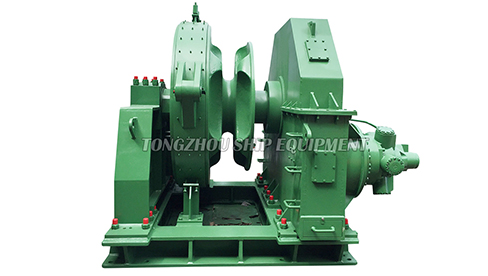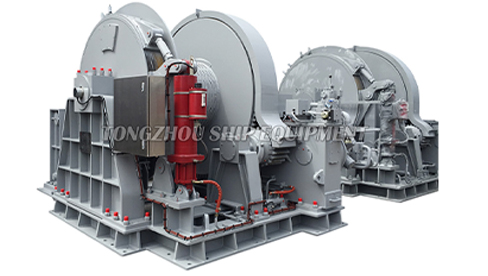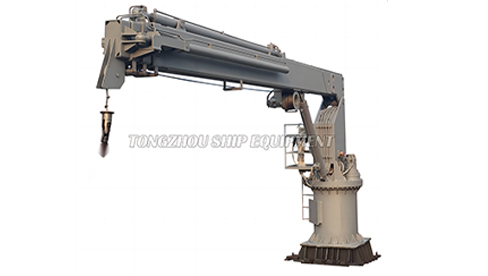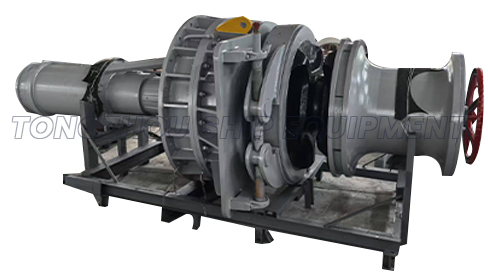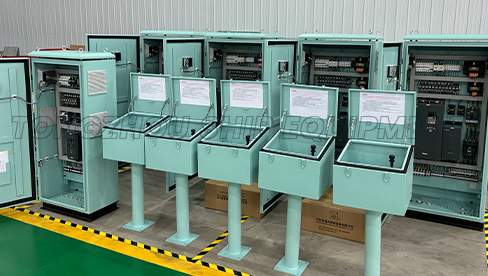What is the Difference Between Marine Electrical Control Boxes and Regular Electrical Control Boxes?
 2025.01.08
2025.01.08
 Industry News
Industry News
Electrical control boxes are essential components in many industries, serving as hubs for managing electrical systems and automating various processes. However, when it comes to marine applications, there are notable differences between marine electrical control boxes and their regular counterparts. These differences stem primarily from the unique and often challenging environments in which marine systems operate.
Environmental Considerations
One of the most significant differences between marine electrical control boxes and regular electrical control boxes is the environmental conditions they must withstand. Marine control boxes are designed to function in harsh maritime environments, where exposure to saltwater, humidity, high temperatures, and even corrosive gases is common. As a result, marine electrical control boxes are typically constructed from materials that offer enhanced corrosion resistance, such as stainless steel or coated alloys, to ensure longevity and reliability. On the other hand, regular control boxes are often made from standard metals or plastics that may not be suited for such challenging conditions.
Waterproof and Dustproof Requirements
Marine electrical control boxes are often subject to stricter waterproof and dustproof standards compared to regular control boxes. Given that marine environments are prone to water ingress, these control boxes are typically rated with higher ingress protection (IP) standards, such as IP65 or IP66, to prevent moisture and dust from damaging internal components. Regular control boxes, while still having certain protection levels, generally do not need to meet such stringent criteria and can operate in indoor or less demanding environments.
Vibration and Shock Resistance
Ships and other marine vessels are subject to continuous movement, including vibrations and shocks from waves, engines, and operational activities. Marine electrical control boxes are therefore designed to be more robust, with features that minimize the risk of failure due to vibrations and shocks. These control boxes are often equipped with shock-absorbing mounting systems and reinforced enclosures to ensure stability and functionality under such conditions. Regular electrical control boxes, typically used in stationary or less dynamic settings, do not need to meet such high standards for vibration resistance.
Electrical and Safety Standards
Marine electrical control boxes must adhere to more specific and stringent electrical and safety standards than regular control boxes. For example, they are designed to meet the International Maritime Organization (IMO) regulations and other marine-specific safety standards such as the American Bureau of Shipping (ABS) or Lloyd's Register (LR) certification. These regulations ensure the safe operation of electrical systems in marine environments, taking into account factors like fire resistance, electrical isolation, and the need to prevent electrical hazards in the event of water exposure or extreme conditions. Regular electrical control boxes, while still following general safety codes, do not have to comply with these specialized marine industry standards.
Maintenance and Accessibility
Maintenance requirements for marine electrical control boxes are often more demanding than for regular control boxes. Marine systems must be maintained regularly due to their exposure to corrosive elements, saltwater, and constant operation in a dynamic environment. Marine electrical control boxes are designed to be accessible for inspection and servicing, with clear markings and robust sealing mechanisms to prevent water ingress during maintenance activities. In contrast, regular electrical control boxes often have more lenient maintenance schedules and may not be designed with the same level of accessibility or protection against external factors.Temperature Control and Ventilation
The marine environment, with its high humidity and temperature fluctuations, requires more careful consideration of temperature control and ventilation in electrical systems. Marine electrical control boxes are often equipped with ventilation systems, fans, or heating elements to regulate internal temperatures and prevent condensation. These systems are crucial for maintaining the safe operation of sensitive electrical components. Regular electrical control boxes, particularly those in indoor environments, typically do not face the same challenges and are less likely to require such specialized temperature management.
Durability and Lifespan
Due to the extreme environmental conditions at sea, marine electrical control boxes are built for enhanced durability and a longer lifespan. The combination of corrosion-resistant materials, vibration-resistant designs, and specialized coatings ensures that marine control boxes perform reliably over extended periods, even in the face of saltwater exposure and harsh weather conditions. In contrast, regular control boxes, used in environments with fewer stressors, tend to have a shorter lifespan and less demanding construction.



 English
English  عربى
عربى  中文简体
中文简体 
